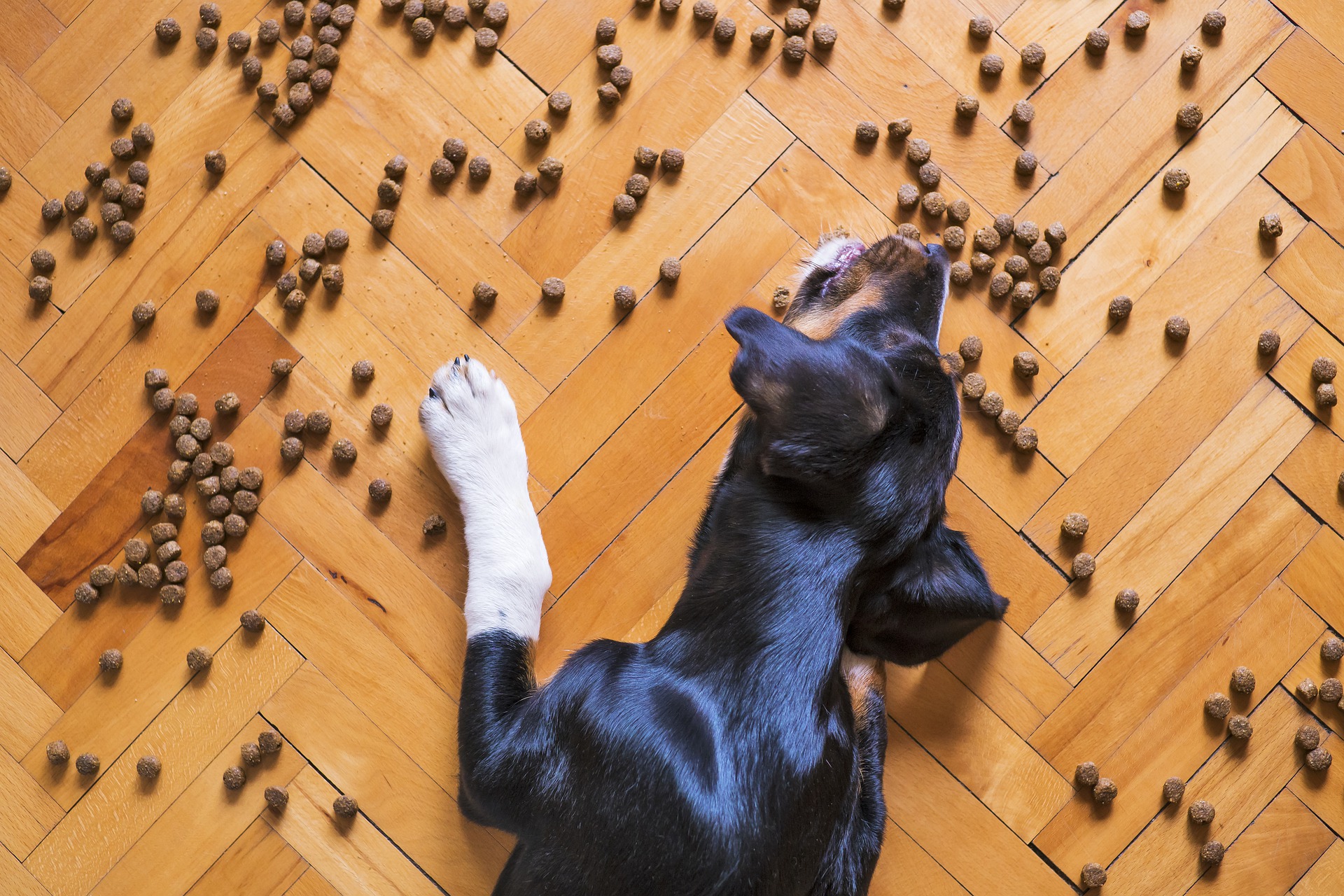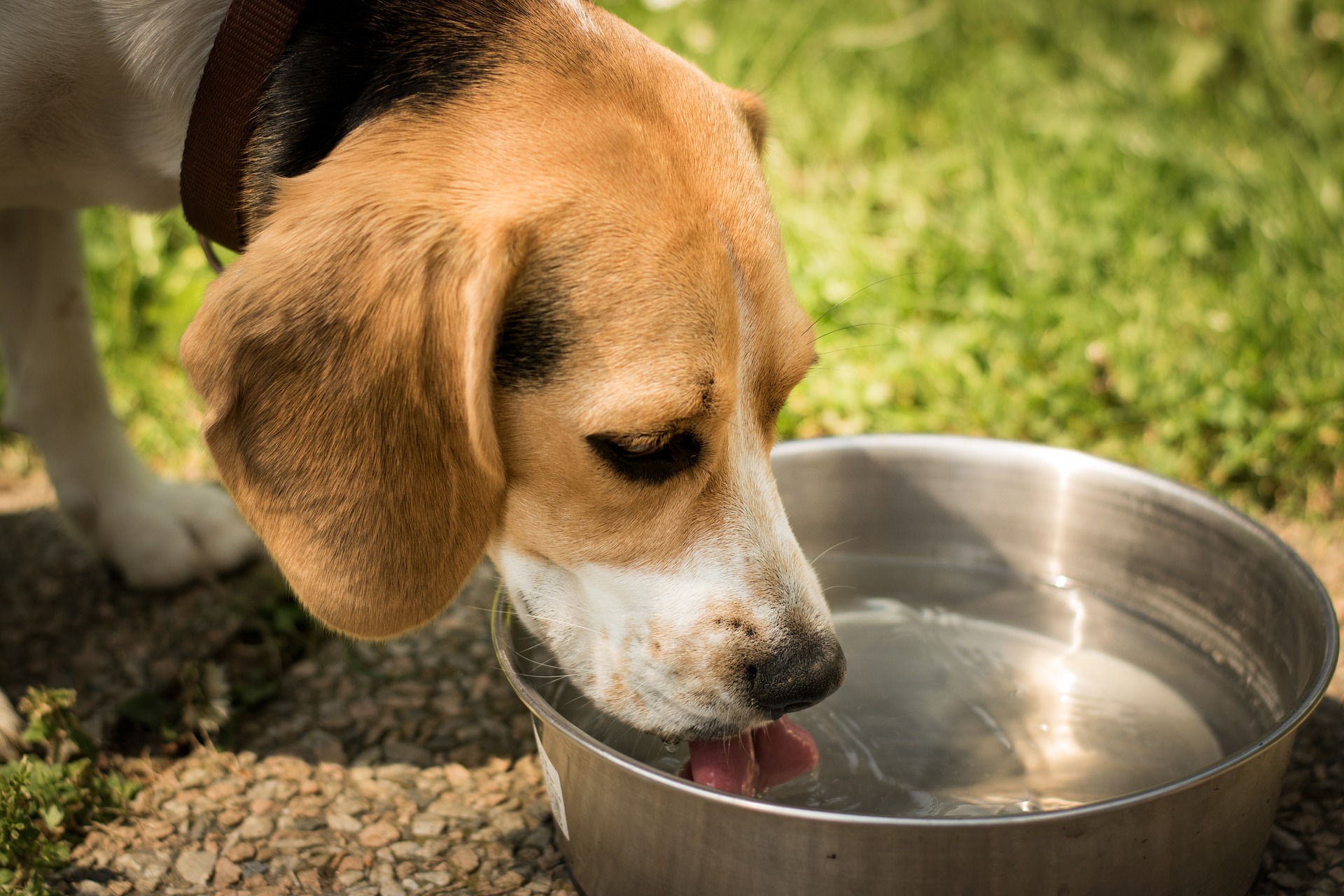
What to Give a Dog for Constipation
Taking a pet home also brings the responsibility of taking care and looking after their health. Like humans, dogs experience the constipation problem, which is frightening for them. However, most dog owners see their canine straining to defecate and assume they are constipated. At the same time, the fact is that the dog is straining not because of constipation but diarrhea. When dogs have diarrhea, they will waste a lot due to intestinal cramping. Let us discuss how to know whether your dog has constipation by learning its symptoms and causes and seeing how to treat constipation in dogs.
How to know whether your dog is constipated
The initial sign you can notice is that your dog will defecate less despite eating regular meals. The common cause behind a dog’s constipation is nutrition, specifically when a dog has low fiber in its diet. A constipated dog will stretch to excrete without passing much stool. The stool that comes out will usually have a dry and hard consistency. If constipation continues in dogs for a longer time, the dog can even lose its appetite. The common causes of constipation in dogs are as follows-
- The ingestion of hair from self-grooming or licking the bones, floors.
- Dirt or gravel
- Lack of exercise
- Dehydration
- Side effects of medications
- The expanded prostate gland
- Behavioral issues
- An obstacle in or outside the colon wall

Dog constipation symptoms
The most common symptom of dog constipation is no entrails movement for 24 hours. As dogs poop at least once a day and can poop even more depending on their diet. Signs of constipation in dogs generally begin with a dog positioned to poop but cannot do so. Following are the symptoms exhibited by a dog that helps to know you, whether constipation or not.
- Frequent squatting, circling and dragging bottom along the floor.
- Going without any bowel movement for two or more days.
- Displaying a sign of discomfort during elimination and crying out.
- The passing stool is hard and dry.
- Losing appetite.
- Passing mucus or liquid stool after straining.
- Lack of energy
How to treat dog constipation
Although it is always suggested to take your pet to the vet, mild constipation is treated at home by following some remedies. Here are some home treatments that help with your canine constipation.
- Hydration and exercise-
To keep our dog’s digestive system moving, you need to make sure that the dog gets regular exercise, pushing the poop out quickly. Besides this, you need to ensure that your canine drinks plenty of fresh and clean water. Both these factors can help to prevent your dog from constipation. These are the initial steps that you should take for your canine’s health.
- Adding fiber to your dog’s diet-
Adding fiber to the diet can even benefit a human so that you might have some safe dietary dog fiber in your home. If not, you can find it at some local grocery store around you. However, there are some simple solutions that you can try to add fiber to your dog’s food. The first one to include is canned pumpkin, as it is high in water content and a great source to prevent your dog’s constipation.
- Adding some supplements-
There are many natural supplements that you can add to the daily meal of your dog’s food. These additives usually contain enzymes and probiotics, which help a dog with digestion. Indigestion is the popular reason for constipation, and adding these supplements helps to fight these sorts of issues before they get worse.

- Changing the dog’s diet-
When your canine is facing constipation, you should change its diet instead of providing everyday meals. Dogs love to eat dry kibble, but with constipation, it can become a culprit. So, try to give some canned food to your buddy for a few days. Because wet food has more moisture, it will be easy for the dog to have smooth bowel movements.
- Milk of magnesia-
However, it is recommended not to feed your dog with milk, but milk can act as a laxative to treat constipation. So, a small bowl is enough for your canine to get things better. But it would help if you asked your vet before feeding your dog with milk.
Conclusion
Treating constipation in dogs is essential to prevent any future severe condition. However, when you observe mild constipation symptoms, you can treat it at home by following the house mentioned above remedies. But when you notice that your canine still faces the problem even after treatments, it is essential to take your dog to the vet.
About the author, Monica Heft is an animal lover and always curious to know and share relatable information about them to the world through her blogs. She is still concerned about pets and writes about them.










